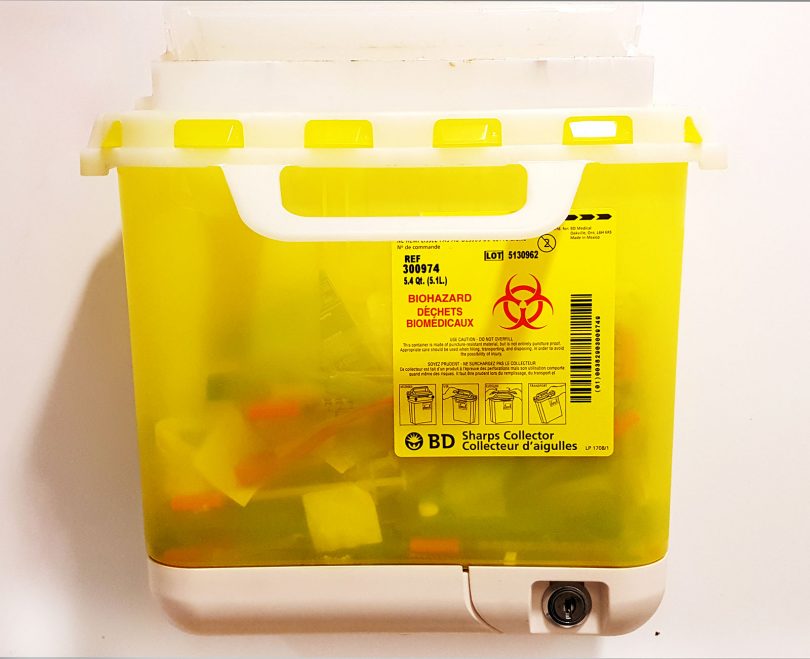By Sophia Eppolito
Boston University Statehouse Program
This article was originally published in the Lowell Sun.
BOSTON — Nearly three months after a state report revealed an outbreak of HIV cases in Lowell and Lawrence, the state Department of Public Health said it is focusing on education and better communication between state and local officials as preventive efforts.
The DPH and federal Centers for Disease Control released a report in July after conducting a joint investigation into the outbreak, finding 129 people with HIV in the Lowell-Lawrence area who had been diagnosed since 2015. The report also found that the majority of cases were among people between the ages of 20 and 39.
This outbreak can be attributed to more people using fentanyl instead of heroin, Dr. Alfred DeMaria, Massachusetts’ state epidemiologist, told the state’s Public Health Council during a presentation on Wednesday.
Since fentanyl provides a more powerful but shorter high than heroin, users are more likely to shoot up multiple times a day, further increasing their risk of intravenous infection. The infection was spread by intravenous drug-use in 85 percent of these cases.
DeMaria said this kind of outbreak is not unique to Lawrence and Lowell.
“I think one of the lessons here for me is that this wasn’t a peculiarity of Lawrence and Lowell,” DeMaria said. “This is something that’s happening across the state. Any other parts of the state could be the next HIV outbreak.”
Kevin Cranston, director of the DPH’s Bureau of Infectious Disease and Laboratory Sciences, told the council that the DPH has been focusing on promoting education about HIV transmission and strengthening communication between state and local health departments.
The DPH has also been pushing to expand access to secure syringe programs in Lowell and Lawrence, Cranston said. These kinds of programs typically offer services that would include infectious disease testing, overdose education, Narcan distribution, and substance abuse treatment.
Lowell’s syringe exchange program has been privately funded by a grant and is currently open an average four to six hours each week. It was recently approved to receive state funding that would allow it to increase its reach and provide people with HIV counseling and clean syringes.
“What we’re extremely excited about is now that the Lowell Board of Health has approved for Lowell to move forward with a secure syringe program with the state,” said Kerran Vigroux, Lowell’s director of Health and Human Services, said during an interview. “The state is now working on putting together its package with local providers,”
In light of the DPH’s findings, Vigroux said the Board of Health is currently working to remind local medical providers that HIV is a relevant issue for drug users in Lowell.
“What we’re still waiting for is a more final report out of the CDC about the investigation,” Vigroux said. “We’re hearing preliminary things like what were shared today, but at this point the focus has been on providers and making sure the providers are thinking about HIV again.
“HIV was something that we really concentrated on in the 80s and the 90s and as those numbers came down in public health we moved on to other issues that needed attention.”
Vigroux said there has also been a concerted effort to spread HIV awareness through Lowell’s Community Opiate Outreach Program, a team made up of a police officer, a fire official, and a public health employee. This outreach team visits recent overdose victims and their families and shares information.
“Their job really is to go out and find someone who has recently overdosed within the last 24 to 48 hours … to try to get them to the next step to be ready to ask for help or be ready for treatment,” she said. “What they’re doing is … going to the homeless encampments, shelters, soup kitchens, and… making sure people are aware that HIV is on the rise.”





